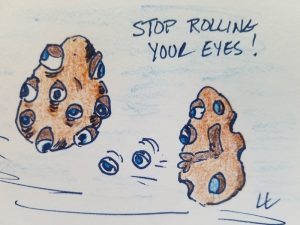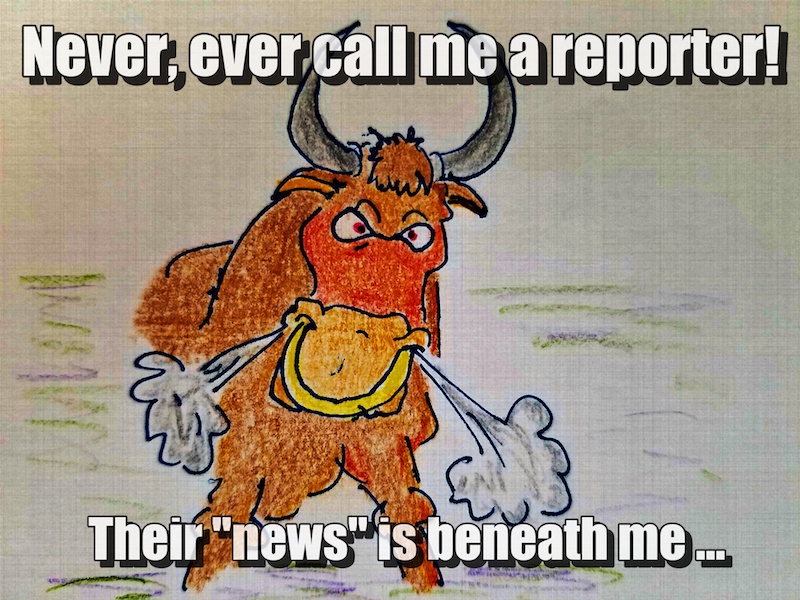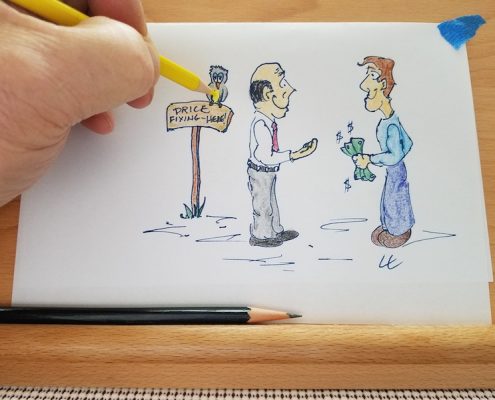1030 hours.
Radio transmission – Theft from jewelry store. Items taken—two diamond rings with value exceeding $10,000.
Traffic stop.
Weather – Sunny. 84 degrees.
Reason for stop – Vehicle matched description provided by jewelry store owner. Plates—out of state.
Weapon(s) involved – Taurus .380 recovered from beneath driver’s seat. Fully loaded with spare magazine in small cloth bag. No weapons used in connection with the crime.
Stolen items not found.
My partner and I were pros at playing good cop/bad cop. In fact, we were the go-to guys for eliciting confessions. But these two, the man and woman suspected of taking two expensive diamond rings from a local jewelry store, were also pros. In their line of work—stealing—they were some of the best in the business and their game was an old one. They pretend to shop for engagement rings. She tries on several, asking to see first one then another and then back to this one and then the other, and so on and so on until the clerk has an assortment of bling scattered about the glass countertop like a spattering of snowflakes on a frozen lake surface.
Their goal was to confuse the clerk so they could pocket a few gems and then make their getaway after not seeing the “perfect” ring.
It worked. When the frustrated clerk/owner returned the items to their respective spots in the case she noticed two valuable rings were missing. So were the two “customers.”
The responding uniformed officers asked, of course, for a description of the pair of thieves, but the owner simply couldn’t offer any solid details. They’d so thoroughly confused her that all she could remember was one was male and the other, female. She was able to recall their race and that both wore nice clothing … she thought. However, she wasn’t sure if it was the man who wore a blue shirt or if it was the woman whose top was blue. She was confident the man had on khaki pants, though. No doubt about that detail.
For the record, the actual color of the man’s shirt was green and the woman had selected a red and white striped top as her shirt du jour. They both had on blue jeans at the time of the traffic stop that took place within 30 minutes of the theft. There was no other clothing inside their car. The owner’s descriptions were not even close and, unfortunately, the store’s surveillance cameras were switched off. “Oh, we don’t bother with that thing,” she later told me.
Questioning the two suspects was going nowhere. We had them in separate rooms—ALWAYS separate the suspects and witnesses to prevent comparing stories—and we alternated between the two, trying every trick in the book. You left fingerprints. The clerk ID’d you. Witnesses saw you. Yada, yada, yada. But we were spinning our wheels because they’d readily admitted to being in the store and knew no one other than the clerk was there at the time the items were taken.

They said they’d looked at and tried on rings. However, they didn’t like what they saw and left. But they didn’t take anything.
It was their word against the store owner’s and we had no evidence. They’d allowed us to search both them and their car and we found nothing but the gun, which was illegal—he was a convicted felon and the gun was concealed. I even tried using the weapon as leverage—we’ll cut you some slack for it if you confess to the jewelry theft and return the rings. No dice. We had nothing.
So I took a walk around the hallways, trying to think of some sort of angle to help garner a confession. As I passed by the door to the dispatchers’ room one of them called out with a cheery “Good morning,” so I stepped inside where I noticed a small stack of new videos (VHS tapes at the time) beside her terminal. The top one was a collection of Looney Tunes cartoons with Bugs Bunny’s image plastered on the front. He held a carrot in one hand and his rabbit lips were split into a wide, buck-toothy grin. The video was a gift for her child’s birthday.
I had an idea and asked to borrow the tape.
After a quick stop in my office for a bit of artistic trickery, I returned to the interview room where the female suspect sat waiting. When I opened the door and stepped inside she smiled and asked if she could leave.
I took a seat in the chair across from her and returned her smile. Then I slid the tape across the tabletop. “We have a video,” I said. What I didn’t say was that I’d removed the Bugs label and replaced it with one I’d cobbled together in my office before returning to the interview room. The new label simply read “Video – June 6, 1994.” (June 6 was the current date, and Video…well, it was a video, right?).
“When I show this tape to a judge … well, you know what’s going to happen, right?” I said.
Tears quickly formed in the corners of her eyes. Then she looked down toward her feet and nodded. “I know,” she said. “Yeah, we did it. He took them, though. Not me. You saw that on the video, right?”
That classic downward look is a telltale sign a confession is imminent
Suddenly she wouldn’t shut up, telling me they’d dropped the rings out of the window when they saw me pull out behind them. I sent a patrol officer to the approximate location where he found both rings. She also confessed to other thefts in other cities. The gun, too, was stolen. They’d broken into a home and found it while searching for valuables. The necklace she wore that day was stolen, as was the watch on her boyfriend’s wrist.
When I entered the room with her boyfriend/partner in crime, with the tape in hand, my first words to him were, “What’s up, Doc?”
An hour later we had signed confessions from from both suspects.
And that’s how Bugs Bunny helped me solve the Case of the Missing Jewelry.

And, well … That’s all, folks.



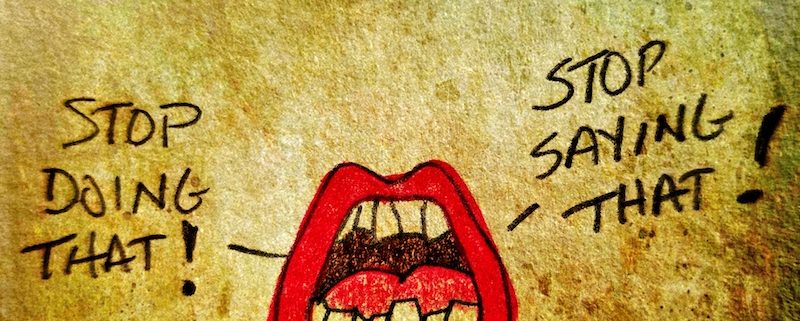




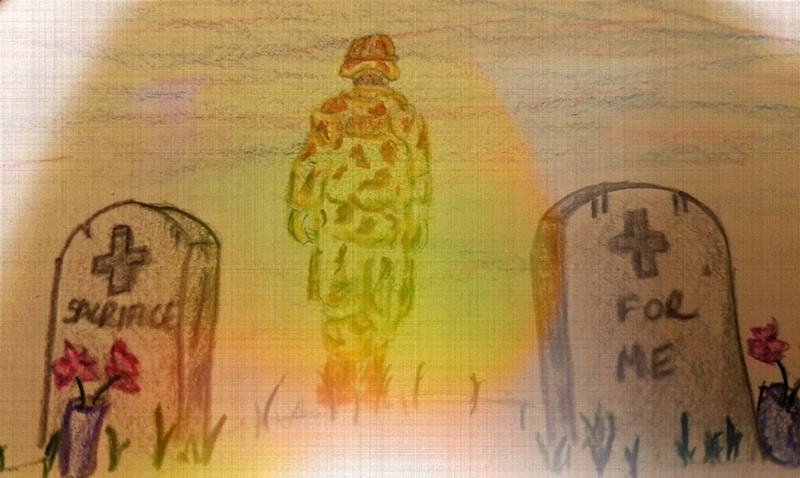

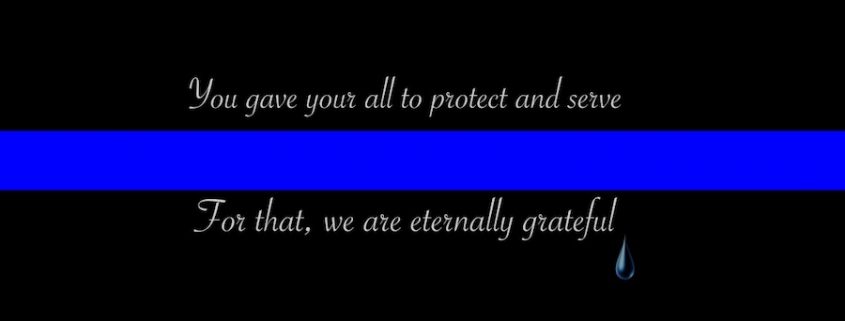
 Chief of Police Steven Eric DiSario, 34
Chief of Police Steven Eric DiSario, 34 Deputy Sheriff Mason Moore, 42
Deputy Sheriff Mason Moore, 42 Border Patrol Agent Isaac Morales, 30
Border Patrol Agent Isaac Morales, 30 Deputy Sheriff Jason Garner, 41
Deputy Sheriff Jason Garner, 41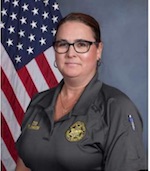 Community Service Officer Raschel Johnson, 42
Community Service Officer Raschel Johnson, 42
